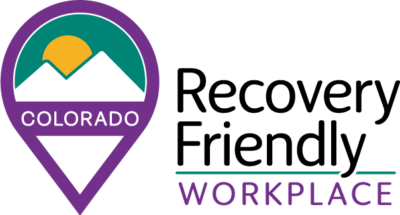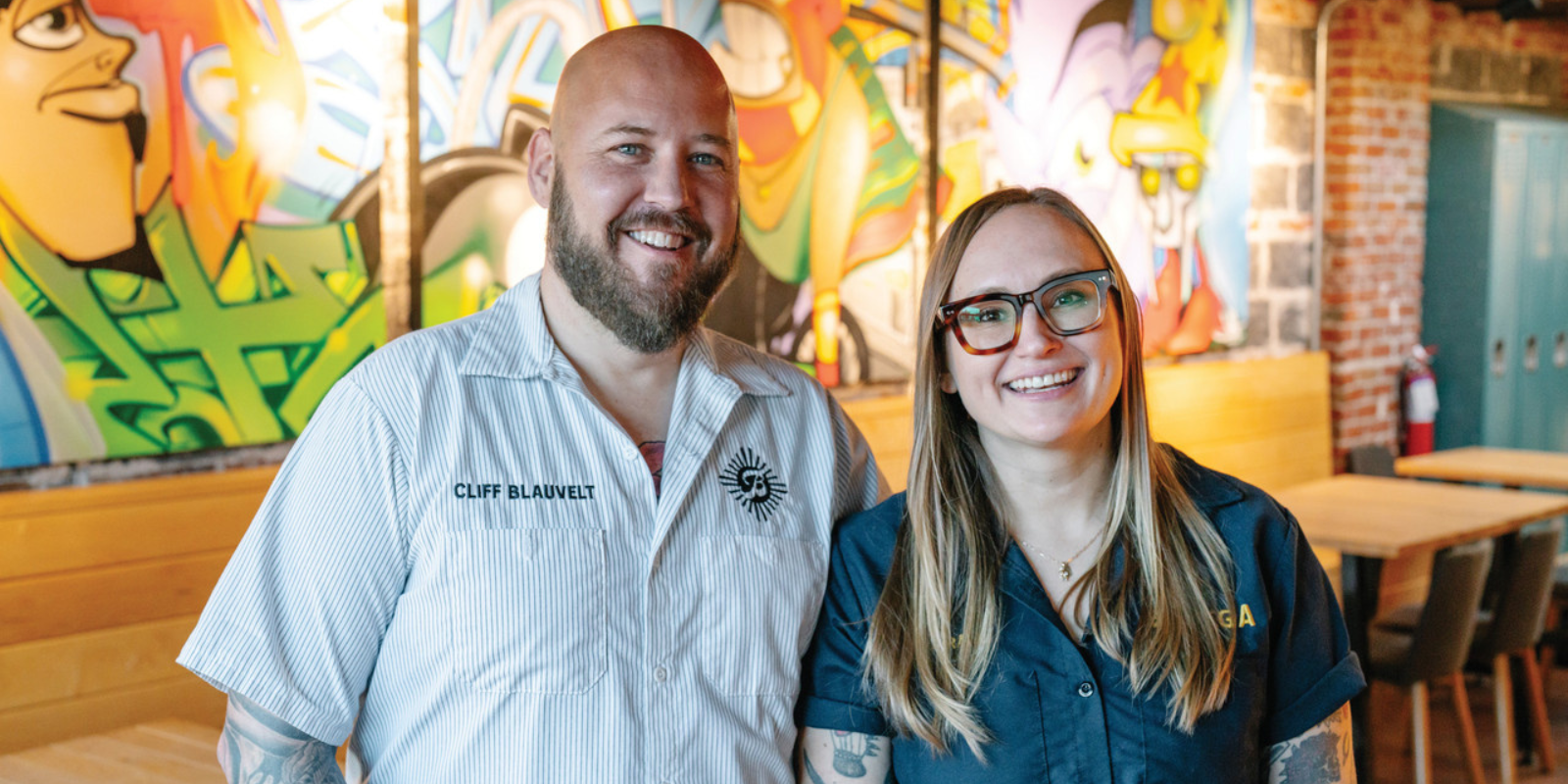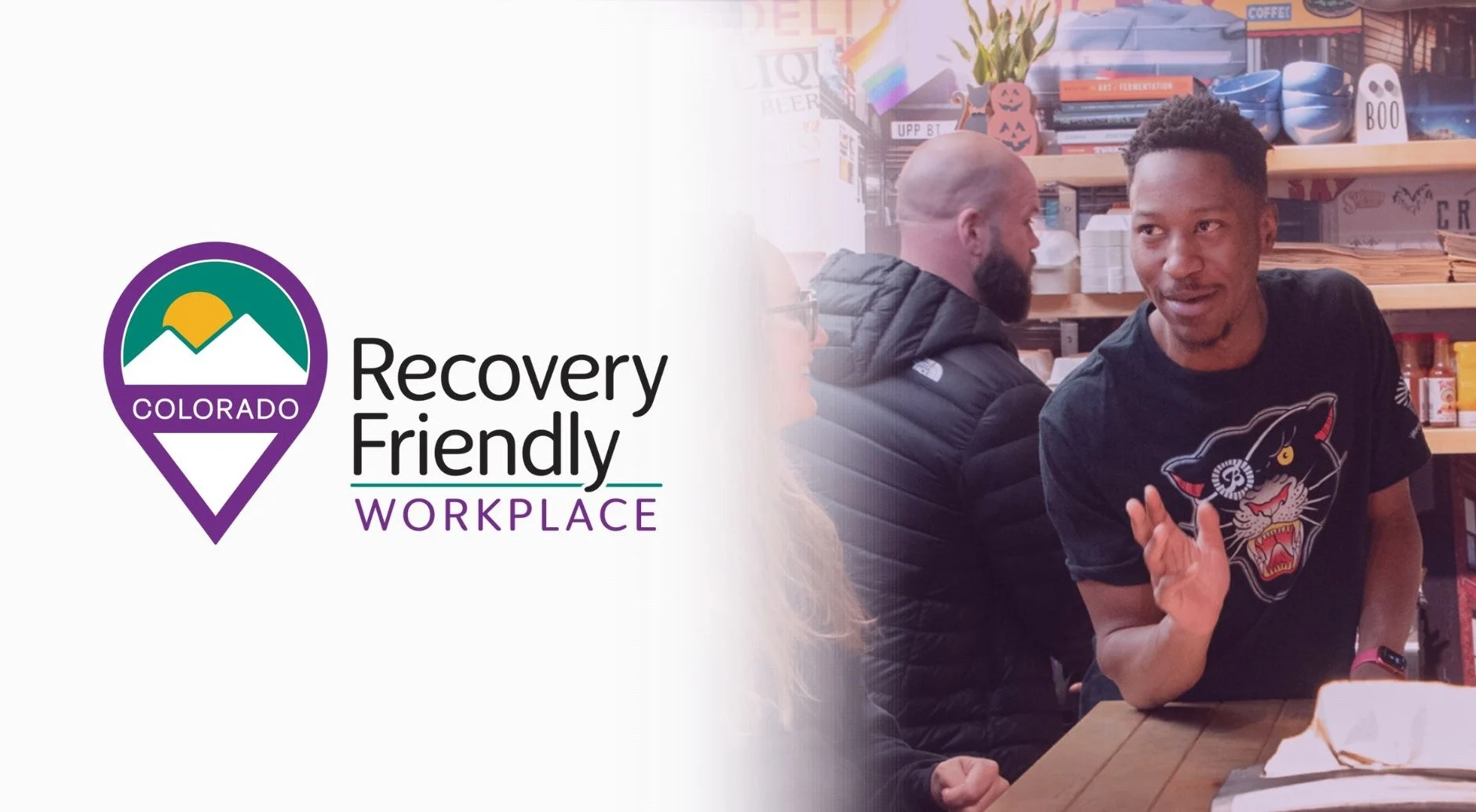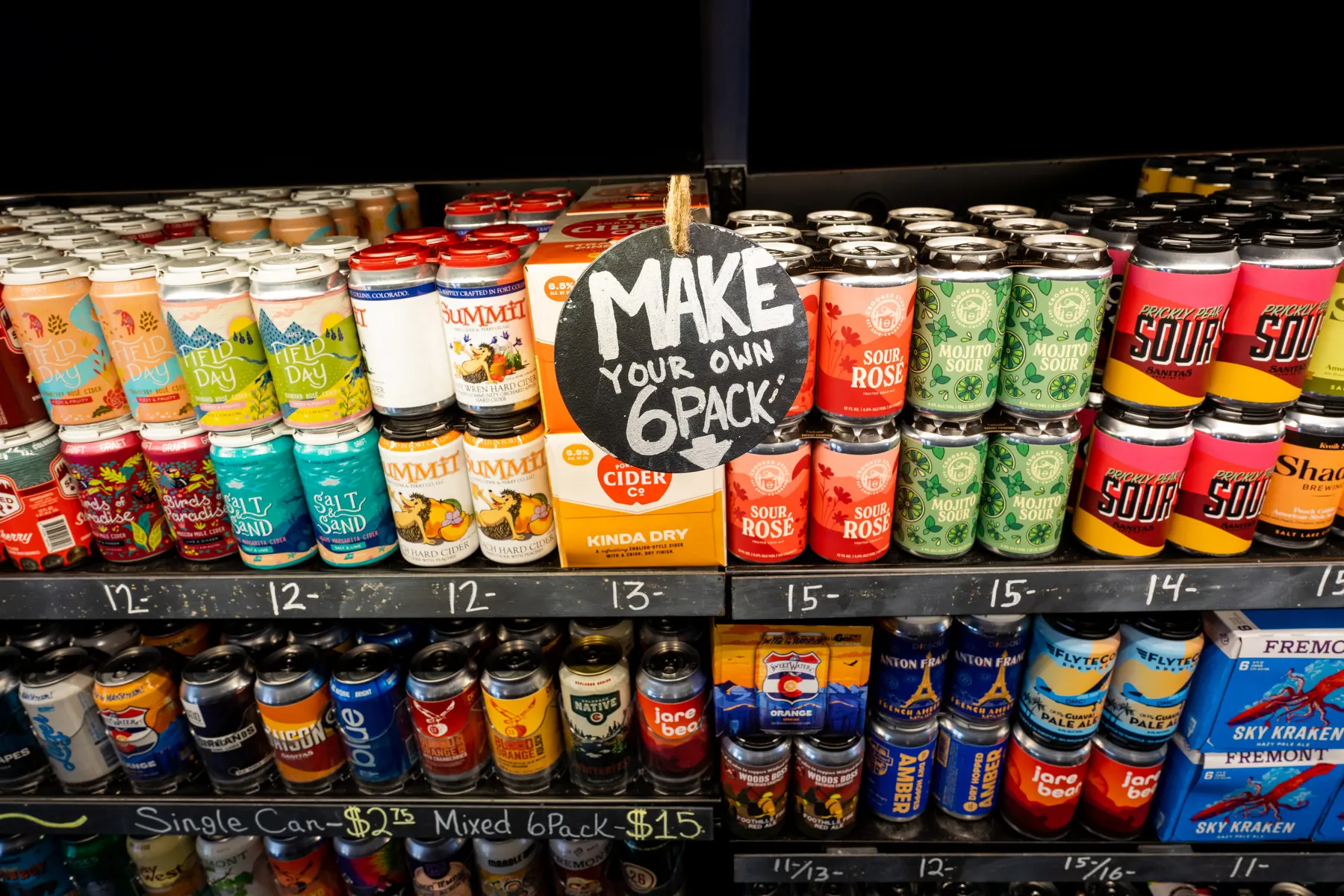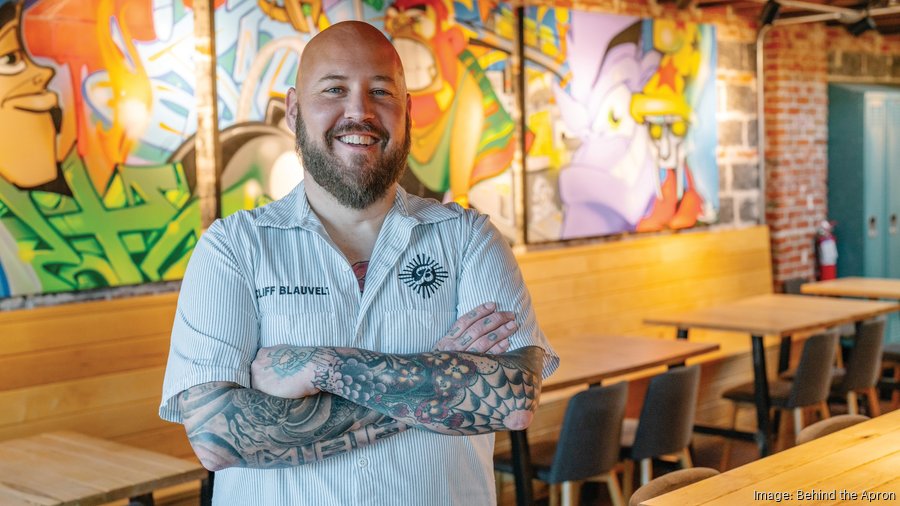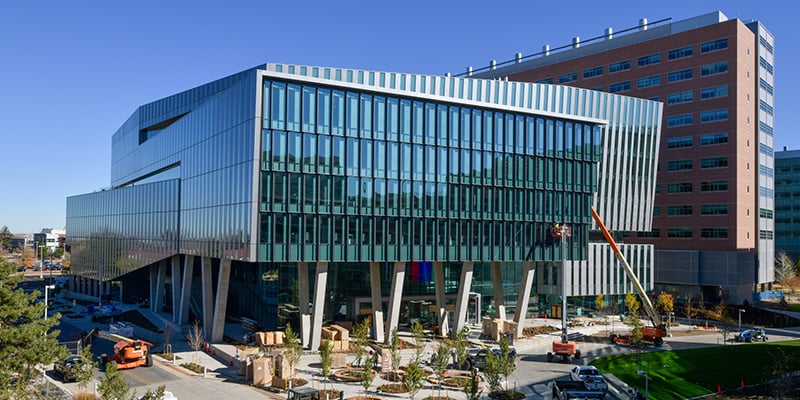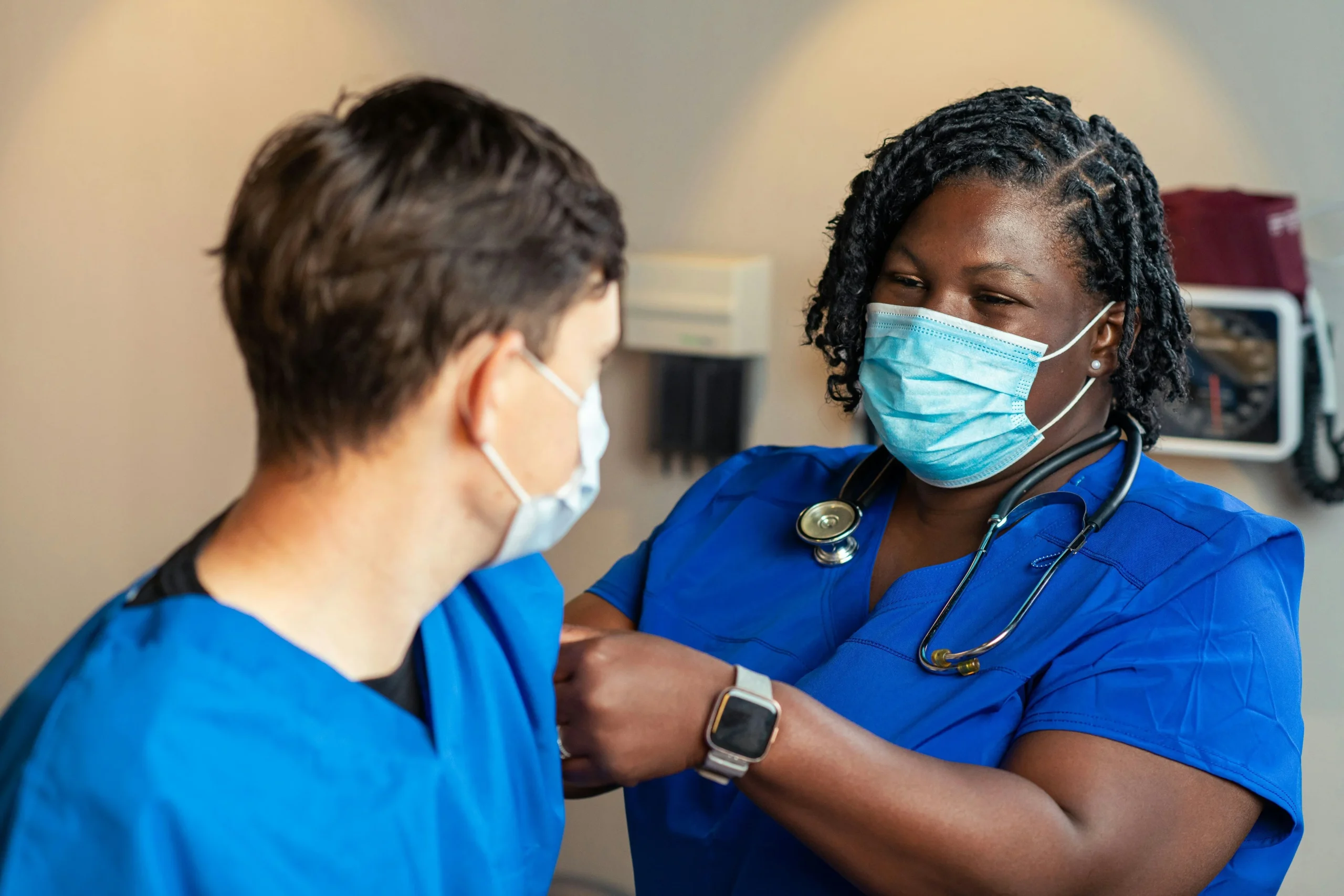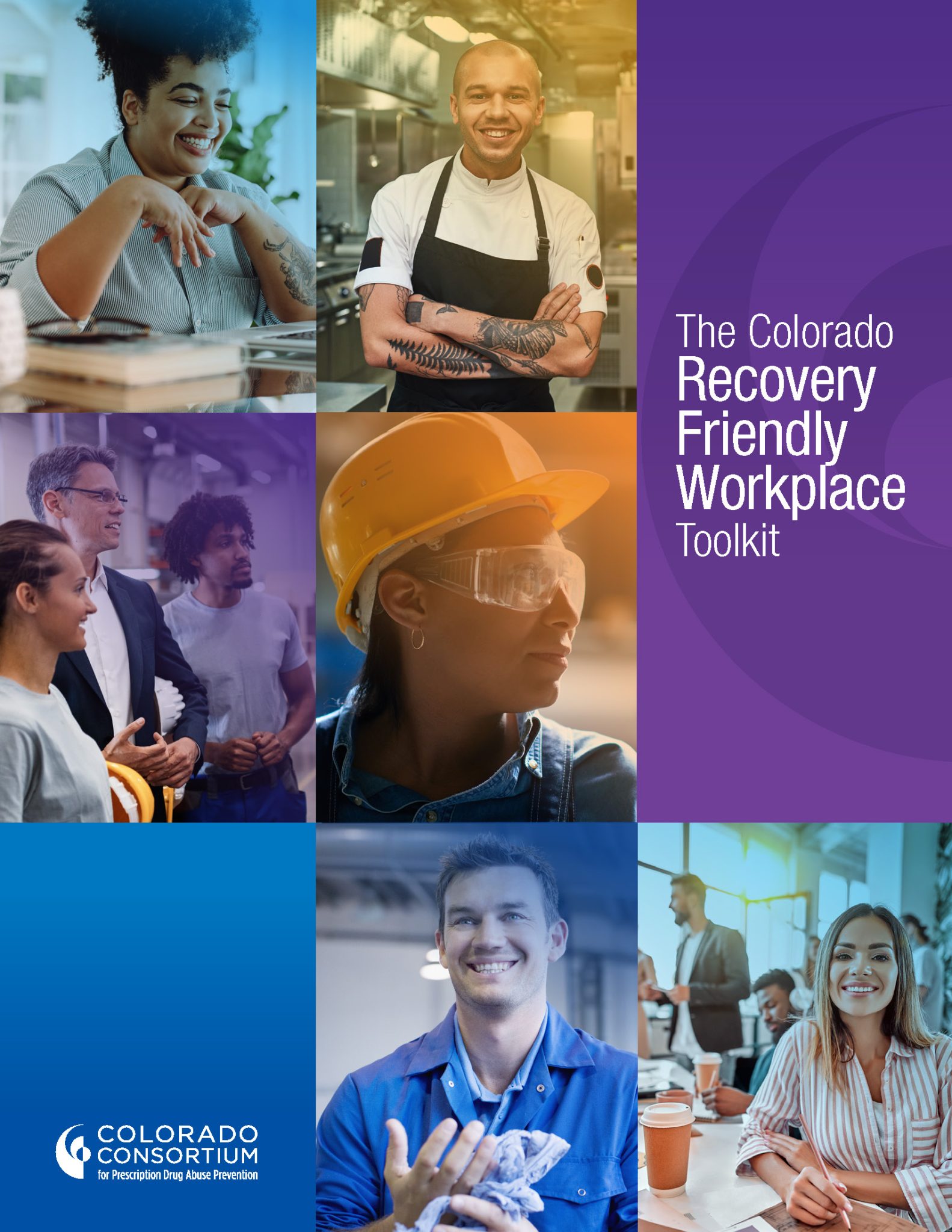By Nick Williams, CEO, ASA Colorado
The construction industry is facing a critical health crisis—one that doesn’t involve falling objects or faulty scaffolding but an invisible threat claiming more lives than all jobsite accidents combined: addiction and overdose. In 2023, an estimated 107,543 people in the United States died from drug overdoses, with over 74,000 of these deaths involving synthetic opioids like fentanyl (The Guardian, 2024). Construction workers are among the highest at risk for substance use disorders due to the physical demands of the job, widespread access to prescription opioids, and cultural stigma around seeking help.
As leaders in the industry, we can no longer look away.
In Colorado, ASA Colorado (ASAC) is taking bold steps to respond to this crisis with compassion, clarity, and action. In collaboration with AGC Colorado and with the support of Emergent, we are launching a Naloxone (Narcan) distribution initiative alongside our second annual Naloxone training session on August 18th, hosted at the Construction Education Foundation from 2:30 to 5:00 p.m.
This initiative marks a critical moment in our ongoing commitment to creating recovery-friendly workplaces—environments where employees in or seeking recovery from addiction are supported, and where tools and education are prioritized just as highly as personal protective equipment and jobsite safety plans.
Why Naloxone?
Naloxone, commonly known by the brand name Narcan, is a life-saving medication that rapidly reverses opioid overdoses. It’s non-addictive, safe to administer, and now more widely accessible thanks to public health efforts and corporate partnerships like the one we’ve formed with Emergent.
Our decision to develop a construction-specific distribution hub for Naloxone stems from both data and lived experience. Colorado continues to see rising numbers of opioid-related fatalities, and the construction industry, with its physically demanding labor and high rates of injury, remains disproportionately impacted. Carrying Naloxone at jobsites is not about assuming the worst—it’s about being prepared for the realities our workers face and saving lives.
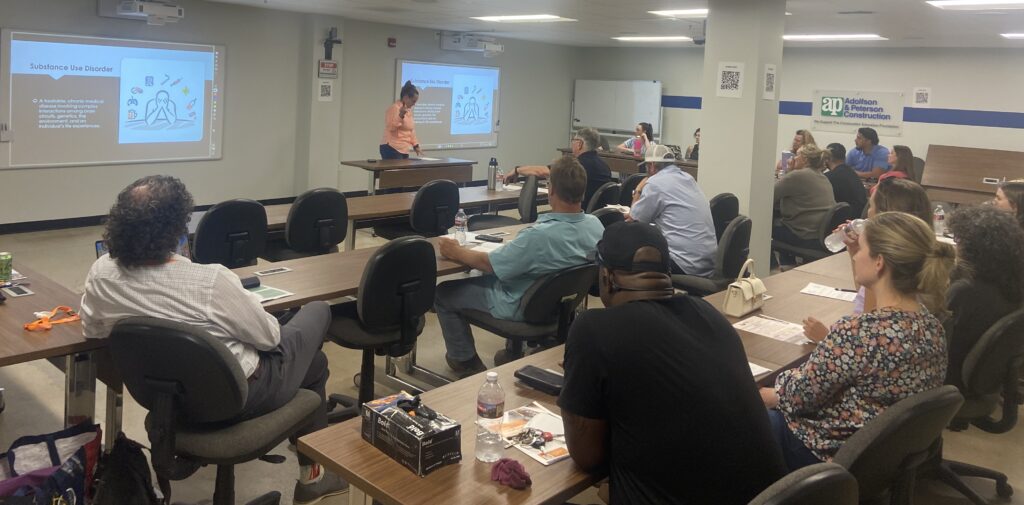
A Training Ground for Culture Change
On August 18, we won’t just teach people how to use Naloxone—we will reframe the narrative about substance use in construction. This holistic training will include multiple perspectives that aim to break down stigma, promote empathy, and equip companies with practical tools.
- Heather Gutierrez of JHL Constructors, a respected voice in workforce development, will ground us in the statistics and patterns that illustrate the scale of the problem—especially how it affects our younger workforce, apprentices, and journeymen.
- LB Burkhalter of Red Rock Recovery Center, an addiction treatment specialist and person in recovery, will share a powerful first-person account of overdose and the journey back. LB’s story reminds us that behind every overdose is a life worth saving and a future worth fighting for.
- David Shapiro of the Centers for Health, Work & Environment will offer a deep dive into the logistical and legal considerations for implementing Naloxone distribution and creating broader recovery-friendly policies. His expertise in organizational health and worker well-being provides a clear framework for integrating support systems into existing safety programs.
Together, these perspectives form a comprehensive training experience designed to shift mindsets and empower action.
Creating a Naloxone Distribution Center for Construction
Thanks to our partnership with Emergent, ASA Colorado and AGC Colorado are establishing a first-of-its-kind Naloxone distribution hub tailored specifically for the construction industry. This hub will allow member companies to obtain Naloxone kits in bulk, train their teams, and deploy them across jobsites without jumping through complicated procurement hoops.
Our vision is to remove barriers—legal, logistical, and cultural—to access life-saving tools. We’re not trying to turn jobsite foremen into EMTs. We’re simply saying: if you had a chance to save someone’s life, would you take it? With Naloxone on hand, you can.
Recovery-Friendly Workplaces: More Than a Buzzword
A recovery-friendly workplace is one where employees struggling with substance use can feel safe asking for help and are supported through policies, peer networks, and access to care. These workplaces don’t ignore the signs of distress; they create a culture of openness and accountability.
This effort in Colorado is also aligned with statewide policy. In 2024, the state legislature passed Senate Bill 24-048, establishing the Recovery Friendly Workplace initiative in Colorado and launching https://corecoveryfriendlyworkplace.org/, which offers employers resources and a roadmap to support recovery on the job. ASA Colorado is proud to support and amplify these efforts within our industry.
This work is also inspired and informed by the national nonprofit Recovery Friendly Leader, founded by Dr. John Narine, whose mission is to train leaders across sectors—including construction—to recognize the impact of substance use, reduce stigma, and build workplaces where recovery is not just accepted, but actively supported. RFL’s work reinforces what we know to be true: culture change starts at the top. Leadership that’s informed, empathetic, and equipped can transform outcomes for workers and companies alike.
For ASAC, this movement is about long-term change. That means:
- Training supervisors to recognize signs of substance use and respond without judgment.
- Building partnerships with treatment providers like Red Rock Recovery to provide confidential support.
- Reviewing policies to ensure they aren’t punitive but instead promote reintegration and wellness.
- Including recovery awareness in safety talks, onboarding programs, and leadership development.
By normalizing conversations about mental health and addiction, we foster psychological safety alongside physical safety—because the two are deeply intertwined.
A Model for the Nation
As a national association, ASA is in a unique position to influence culture across the country. What we’re piloting in Colorado can serve as a model for other states and chapters: a collaboration between trade associations, public health experts, and frontline workers to address addiction not as a moral failing, but as a public health issue.
In 2024, over 100 members attended our inaugural Naloxone training. This year, we aim to double that. Our goal is to put Naloxone in every toolbox and spark conversations in every trailer. The message we’re sending is clear: your life matters. Your recovery matters. And your workplace has your back.
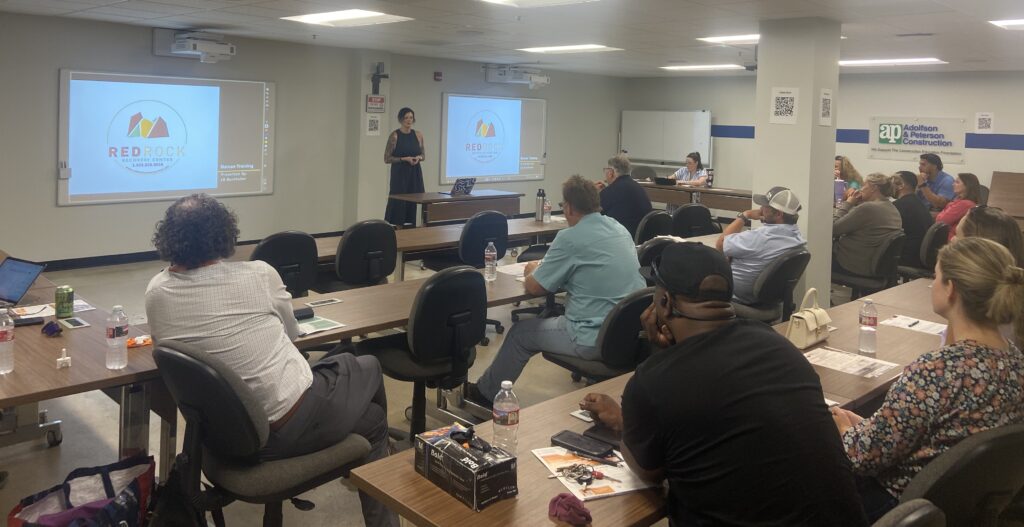
Join Us
If you’re a contractor, safety professional, or HR leader, we invite you to attend the August 18 training. Whether you’re already engaged in recovery support efforts or are just beginning to explore what this looks like, you are welcome. Bring your questions, your stories, and your willingness to be part of a safer, more compassionate industry.
The opioid epidemic isn’t someone else’s problem. It’s ours. But so is the solution.
By coming together as peers, partners, and people, we can build a construction industry that protects every part of the worker—not just the body, but the heart and mind too.
Nick Williams is the CEO of both R.I.S.E LLC and the American Subcontractor’s Association of Colorado. He has chaired the AGC Mental Health Working Group since 2021. He holds a graduate certificate in Total Worker Health from the Colorado School of Public Health. He loves travelling the world with his wife and son, is almost always with his West Highland Terriers named Pacey and Joey, and is an avid consumer of all things pop culture.
Contact by emailing at [email protected]
Or connect and follow on LinkedIn https://www.linkedin.com/in/nick-williams-b2846731
